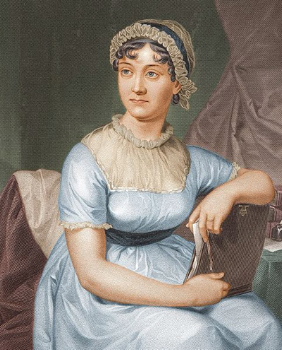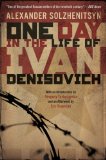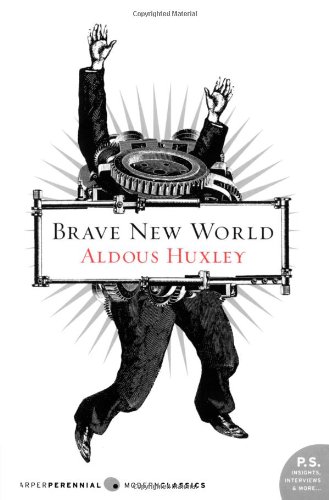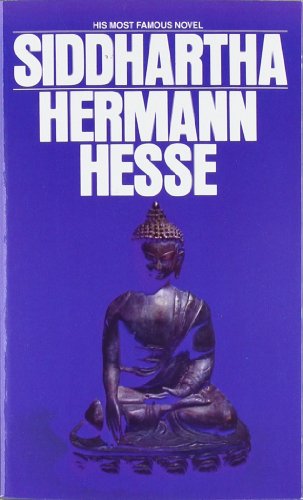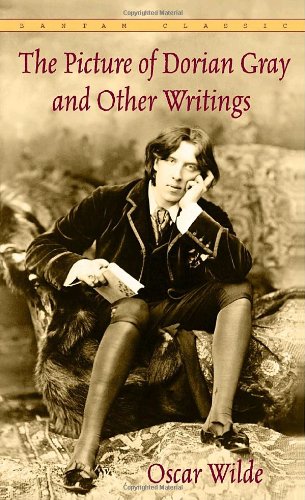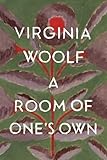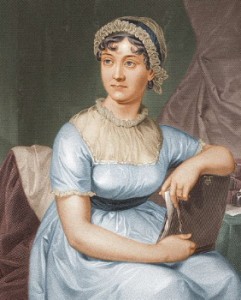 Jane Austen is quite popular in the blogosphere, and readers have a wide selection of Austen blogs to choose from.
Jane Austen is quite popular in the blogosphere, and readers have a wide selection of Austen blogs to choose from.
Jane Austen’s World includes regular posts about life during Austen’s times. I would recommended it not just for readers interested in the times, but also for students, teachers, and writers doing research. Posts have links for further reading, which is very helpful. The blog is visually appealing, too.
Austen Blog serves up Jane Austen news with a side of snark that Jane herself would appreciate. Be careful not to wind up on the wrong side of their Cluebat of Janeite Righteousness.
Austen-tatious is a blog for Austen fans by an Austen fan. The blog discusses all things Jane, including movie adaptations and popular derivative works, as well as Austen-related events in North Carolina.
Austenprose readers are treated to a passage from Austen’s writing each day in another visually appealing and informative blog.
Jane Austen Today examines movie adaptations, derivative works, web sites, and other modern-day media based on Austen’s works.
Following Austen is the blog of writer Lori Smith, whose book A Walk with Jane Austen: A Journey into Adventure, Love, and Faith was released in October 2007. She also blogs at Austen Quotes, where you can get your daily fix of Jane in bite-sized chunks.
Confessions of a Jane Austen Addict is the blog of Laurie Viera Rigler, author of the book by the same title.
Lydia Bennet’s Journal is one of Jane Odiwe‘s blogs. She is the author of Lydia Bennet’s Story.
I’m reading Emma through DailyLit right now, and I’m really enjoying it, although I must point out that I find it aggravating that the excerpts sometimes cut off in the middle of a sentence, and the transcriber makes errors like putting apostrophes in possessive pronouns (e.g. her’s). It makes me shudder every time, and I don’t understand it — I saw no such errors in their transcription of Moby Dick.
As a fan of Pride and Prejudice and Sense and Sensibility, I have decided it’s time to read all of Austen’s novels, and Austen blogs certainly inspire me to complete this quest. In fact, some of these “sequels” and other derivative works look interesting, too.
